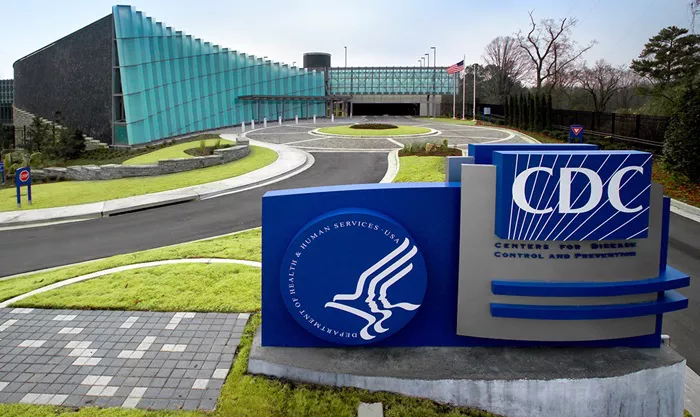A top official at the Centers for Disease Control and Prevention (CDC) has resigned following a week of confusion over federal COVID-19 vaccine guidance.
Dr. Lakshmi Panagiotakopoulos, who co-led a CDC panel that reviewed evidence for COVID-19 vaccine recommendations, stepped down last Friday. In her resignation letter, obtained by ABC News, she cited her inability to continue helping vulnerable populations in her current role.
The resignation came after federal health officials delivered conflicting messages about who should receive the COVID-19 vaccine. In mid-April, the CDC’s advisory panel discussed focusing annual vaccine recommendations on high-risk groups, including adults over 65 and those with underlying conditions.
However, last week, Health and Human Services Secretary Robert F. Kennedy Jr. announced the removal of COVID-19 vaccines from the recommended immunization schedule for healthy children and pregnant women. Later that day, the CDC updated its guidance, allowing children to receive the vaccine under a “shared clinical decision-making” model—meaning parents could consult with doctors to decide.
The inconsistent messaging drew criticism from medical organizations.
“American families deserve better,” said the American Academy of Pediatrics (AAP) in a statement. While the shared decision-making model offers families choice, the AAP noted it lacks clear, practical guidance for doctors and families.
Pregnant women were left without any formal recommendation on the CDC schedule. Despite this, the American College of Obstetricians and Gynecologists (ACOG) emphasized that the science remains unchanged.
“COVID-19 infection during pregnancy can be catastrophic,” ACOG said. “The vaccine is safe and protects both patients and their infants.”
Several medical groups expressed concern that these changes were made without consulting the CDC’s independent vaccine advisory panel, which was scheduled to meet later in June to discuss eligibility guidelines.
“Government vaccine guidance affects insurance coverage and access,” the Infectious Disease Society of America (IDSA) said. “Changing recommendations without expert input can have far-reaching consequences.”
IDSA also stressed the importance of transparency and scientific review in public health decisions. “Traditionally, vaccine recommendations are based on open discussion, public input, and clear evidence. Departing from that process undermines trust,” the organization added.
Related topics:


